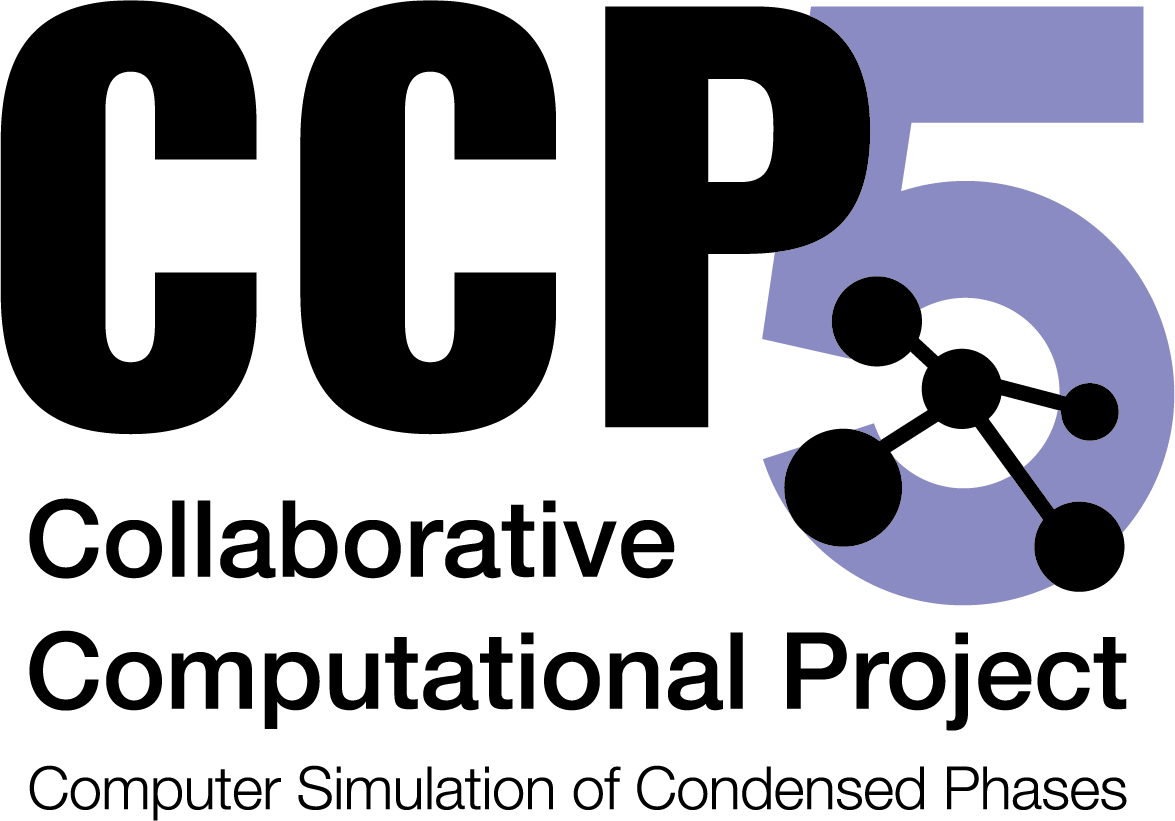This introductory free event is to be held at the prestigious Henry Royce Institute in Manchester and is organised by CCP5 and CCP5++ network, the Henry Royce Institute, the Atomic Weapons Establishment (AWE) and the Scientific Computing Department (SCD) at the Science and Technology Facilities Council (UKRI STFC).
The Format of the Event:
It is a two day workshop starting on the 8th of November at 12 pm with lunch and networking and finishing the following day, 9th November at 2 pm.
The aim of this workshop is to:
• share knowledge and awareness of the materials modelling endeavours supported by CCP5 that are of benefit to UK PLC,
• hear from our industrial partners (see programme) how they have applied shared modelling and simulation knowledge in their R&D and what impact this has brought to their industry to address real world challenges in materials research, and
• the opportunity to speak to our scientists and lead methodology developers to investigate how the CCP5 know-how and body of knowledge could be used to advance industrial R&D for your organisation.
Who is the event for:
This introductory event is targeted at a wide range of attendees from across industries. The objectives of the meeting are to showcase the predictive capabilities of molecular modelling techniques and to discuss the current and potential opportunities that simulation methodologies can offer for materials discovery and process optimization in an industrial context.
Overview of the event:
The meeting will be held over two days with the first day being devoted to showcasing successful examples of the integration of simulations machine learning and experiments taken from a wide range of industrial applications. Examples will be drawn from across the full breadth of simulation methodologies spanning from ab initio through atomistic to mesoscopic techniques highlighting how such approaches can be effectively applied to address scientific questions of direct importance to industry and provide computationally derived experimental data and materials insight.
The second day will provide an opportunity for attendees to meet with experts in the field and discuss novel ways in which simulation software can be applied to solve real world problems and explore the current barriers preventing a broader adoption of such techniques in an industrial context. Attendees are encouraged to bring along potential problems/challenges for discussion. The discussion will also look to explore available mechanisms to enable public-private collaborations and software development opportunities in the area of materials simulations.
See full details of our speakers on the Agenda/Programme page.

